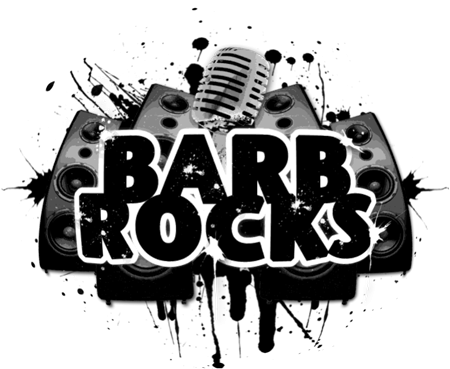Art and Music Therapy: The Many Benefits for Recovering From Stressful Times
Photo via Pixabay by Bodobe
Art and music therapy have been utilized for decades when it comes to helping people learn to recover from stressful times. Because these therapies allow an individual to practice mindfulness and focus on the present, they reduce stress and fear concerning the past or future. They also provide an opportunity to release negative emotions and are another way to communicate, making them the perfect way to promote healing for someone who is in addiction recovery, notes Psychology Today.
When recovering from stressful life events, it’s important to find healthy ways to cope with anxiety and release negative energy. This is especially true for stress in the workplace, which often arises when you have a confrontation with your boss or coworkers or have to deal with layoffs, among other things. Many individuals who are in recovery have found that it can be difficult to focus on their personal needs after a period of substance abuse; they are often bombarded with painful emotions and have forgotten how to cope without the aid of drugs or alcohol. Art and music can be just the solution for people who are struggling with how to cope.
Keep reading for some tips on how to get started and why these types of therapies are so beneficial.
Try a Few Different Things
Some people find it difficult to get involved in a creative pursuit because they have never attempted to paint, sing or play an instrument, and believe that they have no talent for it. Talent is the result of hard work, however, and with time and patience, you can get to where you want to be. Try a few different activities to find out which ones you like best, and remember to stay patient with yourself. If drawing doesn’t interest you, try learning to play an instrument or using a different medium (switching from charcoal to colored pencils, for instance). Sometimes, even a change of scenery can make a difference when it comes to being creative.
Get Messy
Creating a workspace for yourself will not only give you the tools you need to succeed in your new form of therapy, but it will also help you focus because you won’t be worried about outside distractions. Carving out an area for you to enjoy your favorite activity could be as intricate as refinishing the attic to create an art studio, or as simple as laying down a tarp or old plastic tablecloth to prevent paint spills; either will enable you to dive into your artistic pursuits.
Dedicating an aesthetically pleasing space to your artistic endeavors has the added benefit of increasing your home’s resale value, should you one day choose to put your house on the market. Create a flexible space and put a new coat of paint on the walls, and watch it pay off come appraisal time.
Learn to Channel Your Emotions
Art and music are both emotional in the sense that they can convey a particular feeling in a way that words simply can’t. Using these mediums to channel your own emotions can help reduce stress, relieve anger or feelings of guilt, and allow you to focus on moving forward during your recovery. Think of everything you draw or paint as an outlet; learn to push those emotions into the song you sing or play on the guitar. This is a healthy way to feel relief from those feelings, according to Medium.com.
Find a New Purpose
Getting involved with a new creative hobby can help you find a new purpose and give renewed meaning to your life. It can even help you find a new career. With practice and dedication, you can make this creative pursuit a focal point during recovery and boost your self-esteem.
Art and music therapy have helped millions of people work through difficult times in their lives, allowing them to overcome everything from addiction to depression. With some hard work and motivation, these creative pursuits can do the same for you.
Big thanks to Charles Carpenter of Healing Sounds for this great guest blog!

